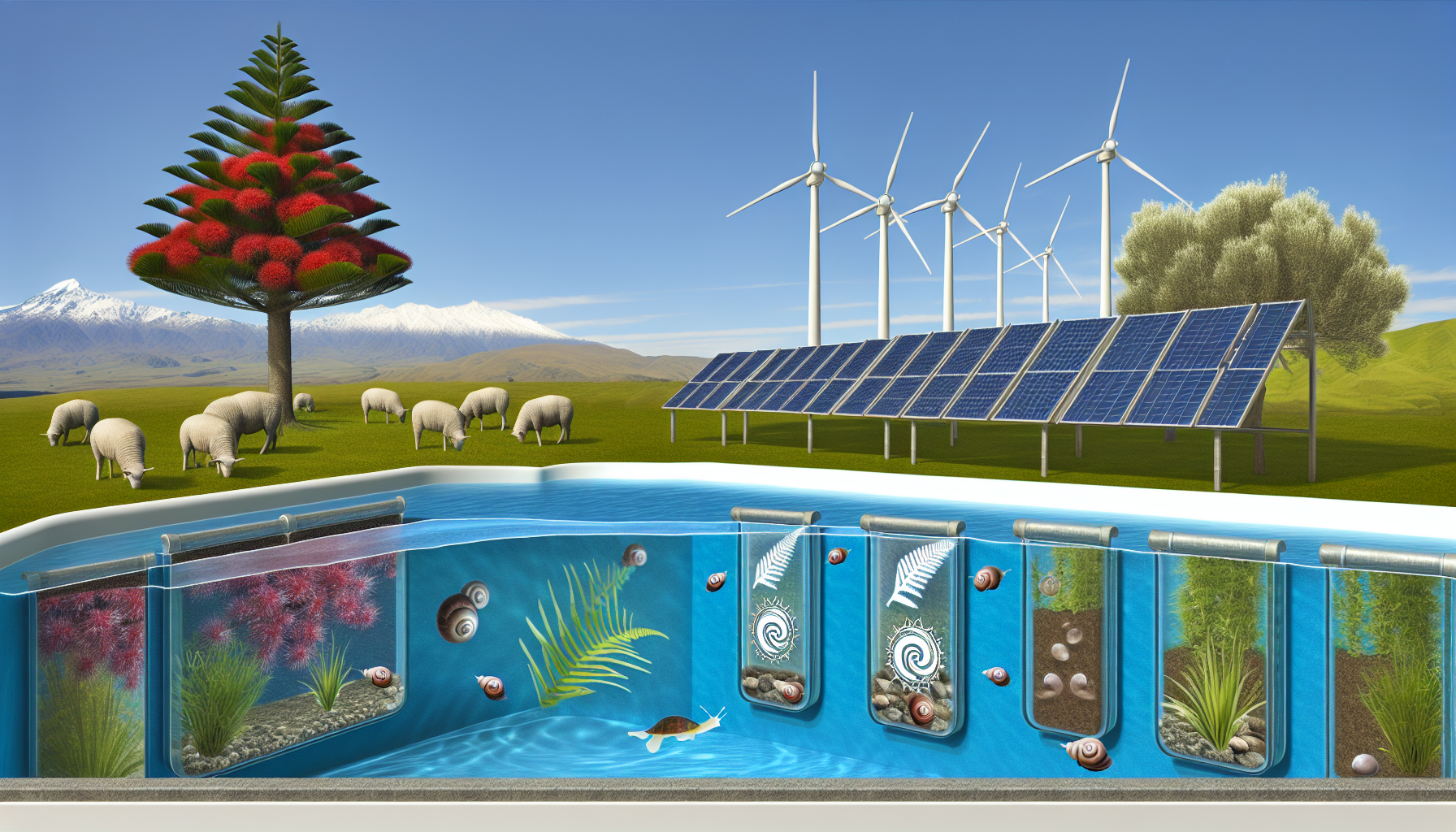Keeping Your Pool Clean Without Wrecking the Planet
Let’s be honest—having a pool is awesome. But keeping it crystal clear without dumping a bunch of harsh chemicals into it? That’s where things get a bit tricky. Luckily, there are ways to maintain your pool in a way that’s better for the environment (and easier on your wallet). Here’s what actually works.
Use Fewer Chemicals (Without Ending Up with a Green Pool)
Pool chemicals do the job, but too much chlorine or other harsh additives can mess with your skin, your filter, and even local waterways when drained. So, how do you cut back without ending up with a swamp?
- Try natural alternatives: Some Kiwi pool owners swear by adding mineral-based treatments like Magnapool, which reduces the need for traditional chlorine. Places like Pool & Spa Warehouse NZ can help with these kinds of systems.
- Maintain pH balance naturally: Baking soda can help keep your pool’s pH in check—just like in home cleaning, it’s a handy alternative to strong chemicals.
- Keep up with cleaning: The cleaner your pool, the less you need to rely on shock treatments or algaecides. Get a solid pool cover and skim regularly.
Save Water Without the Hassle
Pools lose a lot of water through evaporation, splashing, and backwashing the filter. Wasting water isn’t great for sustainability (or your water bill). Here’s what you can do.
- Cover your pool when it’s not in use—this alone can cut evaporation by 50% or more. Debris covers also keep leaves and insects out, which means less need for chemicals.
- Turn down the heat a bit if you’ve got a heated pool. Warm water evaporates faster. Plus, it saves electricity.
- Use backwashing wisely. Many Kiwis tend to overdo backwashing their filters. Only do it when needed—usually when your pressure gauge jumps about 8-10 PSI above normal.
By the way, rainwater harvesting is another good option if you’re up for it. Some people connect their downpipes to top up their pools naturally. If this sounds like a DIY project you’d consider, check out Water Tank Solutions NZ for collection systems.
Energy-Efficient Pool Pumps (Because Power Bills Add Up)
Old-school pool pumps are power-hungry, but newer models sip electricity instead of guzzling it. Here’s what makes a difference:
- Switch to a variable-speed pump. Instead of running full blast all day, these adjust to what your pool actually needs, cutting power use big time. Local retailers like Bunnings NZ stock energy-efficient pump options.
- Run your pump during off-peak hours. Electricity costs less at night depending on your power provider, so check your plan and adjust your timer accordingly.
- Use solar covers. They trap heat from the sun, meaning your heater (if you’ve got one) doesn’t have to work as hard.
Ditch the Plastic Waste
Pool maintenance can be a surprisingly wasteful process—things like single-use chlorine containers, plastic testing strips, and excessive packaging all add up. Some easy swaps:
- Use refillable chemical containers rather than single-use plastic tubs. Some pool stores, like NZ Pool Supplies, offer bulk-buy options or refills.
- Switch to digital water testers. Instead of constantly tossing out strips, a digital tester lasts for years.
Thinking Long-Term: Saltwater Pools, Natural Pools & More
If you’re ready for a bigger change, you might consider:
- Saltwater pools – They use a salt chlorinator to produce chlorine naturally, cutting down on chemical use. They also feel nicer on your skin.
- Natural pools – These skip the chemicals altogether, using aquatic plants and biofiltration instead. They’re not for everyone (and they take a little more planning), but if you love the idea of a truly chemical-free pool, this could be your thing. Companies like Natural Pools NZ specialise in these.
Small Swaps. Big Impact.
Sustainable pool maintenance doesn’t mean giving up a clean, clear pool—you just have to think a bit differently. Less waste, fewer chemicals, smarter water use. It’s better for the environment, and honestly, it’ll save you money in the long run, too.
Ready to upgrade your pool care? Check with your local pool supply store and see what eco-friendly products they have. You might be surprised at how easy it is to make the switch.


Leave a Reply